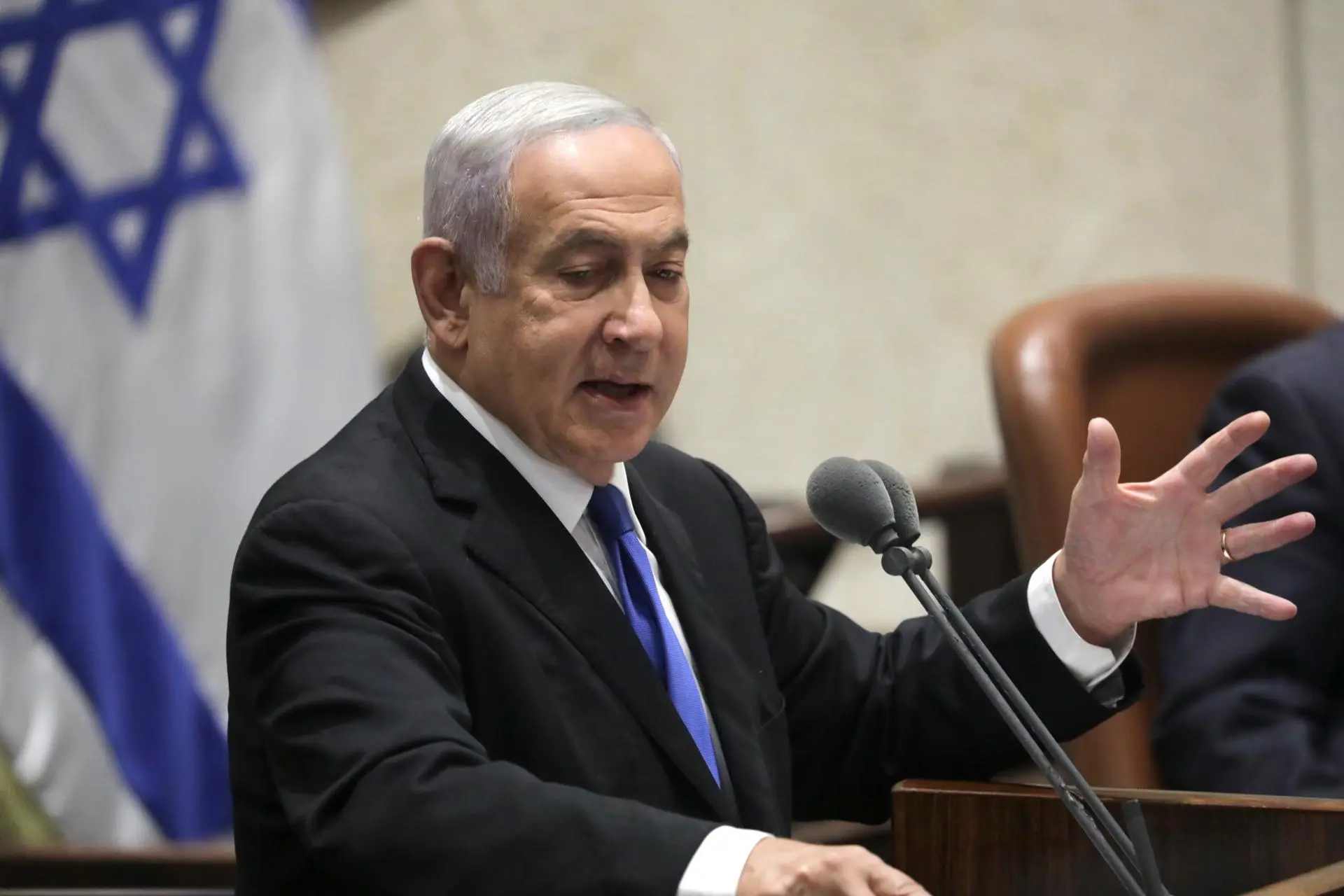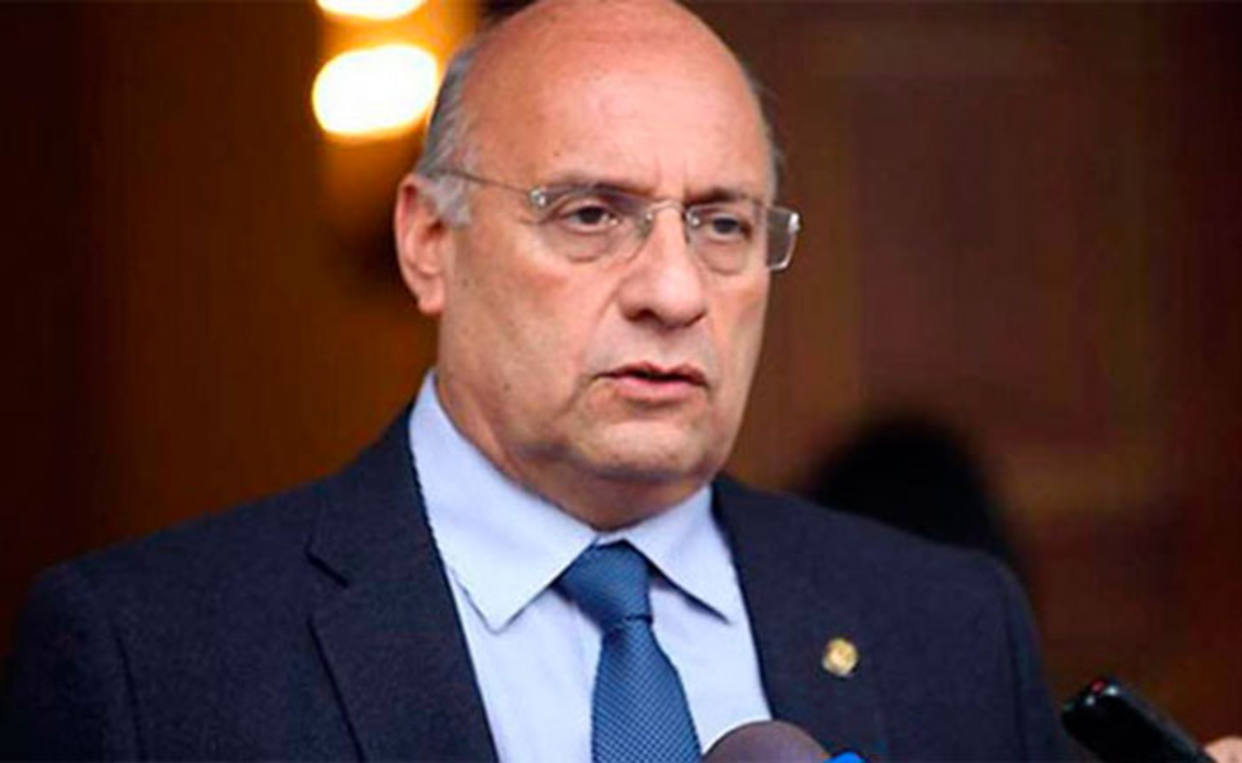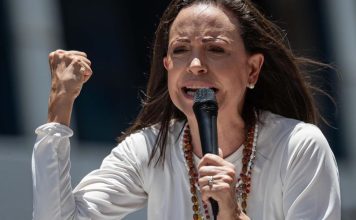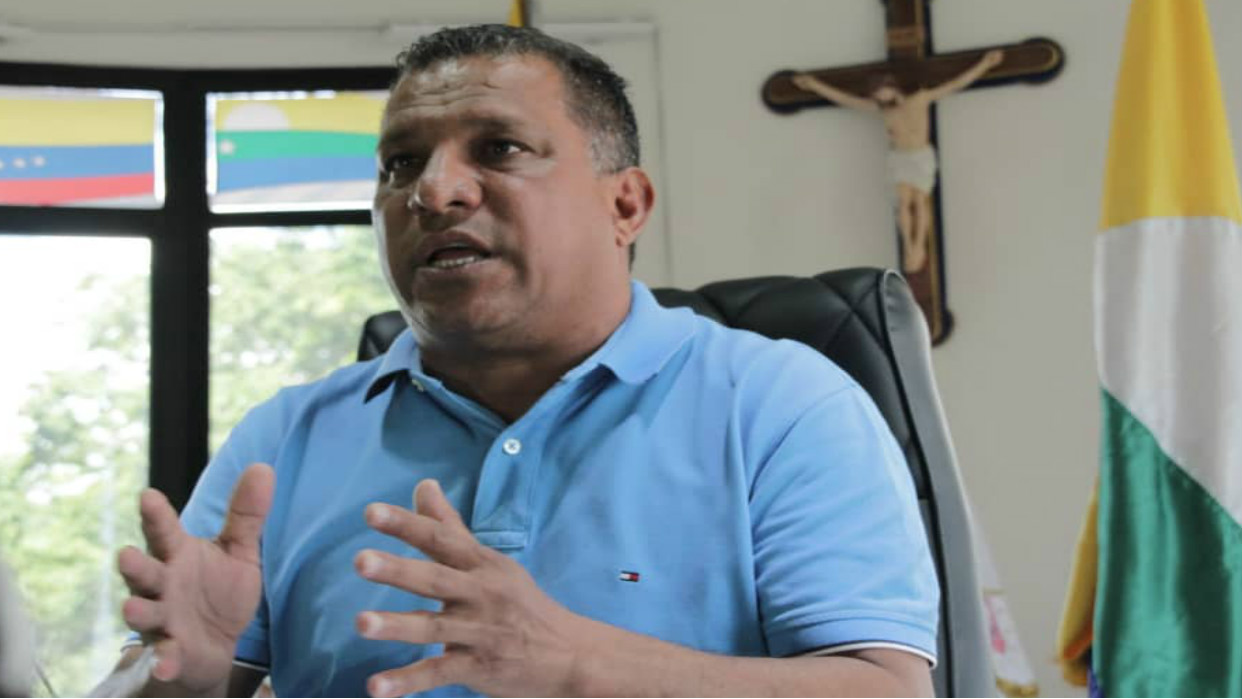Israel accepts “in principle” a ceasefire in Lebanon but does not give a truce in the Gaza Strip

The government of Prime Minister of Israel, Benjamin Netanyahu, has accepted “in principle” the US proposal for a ceasefire in Lebanon, which involves the total withdrawal of its troops from the neighboring country in 60 days, while there is no truce in the Strip. from Gaza, where he maintains a tough offensive in the north with more than 2,300 dead in 50 days of siege.
“The Security Cabinet is scheduled to meet tomorrow to discuss and approve the agreement,” a source close to the negotiations confirmed to EFE, who stressed that the pact is “imminent.”
Israel for a ceasefire
The Security Cabinet, which brings together the main ministers and the security and intelligence leadership of Israel, will meet tomorrow, Tuesday, in Tel Aviv at 5:00 p.m. local time (3:00 p.m. GMT), a meeting that could last up to hours of the night, to give approval to the proposal raised by the US mediator, Amos Hochstein, who visited both Lebanon and Israel last week.
The White House opted for caution and its spokesman, John Kirby, stressed that “the conversations were constructive and are going in a very positive direction.”
The proposal includes three stages: a truce followed by the withdrawal of the forces of the Lebanese Shiite group Hezbollah to the north of the Litani River; a complete withdrawal of Israeli troops from southern Lebanon within 60 days, and finally, negotiations between Israel and Lebanon on the demarcation of their border, which is currently a boundary set by the UN after the 2006 war .
Netanyahu held a meeting last night with some ministers and security officials to address the US envoy’s proposal, in which it was agreed to accept it “in principle” with “some reservations.”
These reservations focus on his demand to maintain “freedom of action” to undertake military action inside Lebanon if Hezbollah breaks the terms of the ceasefire and the Lebanese troops – who must take control of the border – do not act, something that the The Israeli side sees it as essential to ensure the safe return of the 60,000 residents of northern Israel who have remained evacuated for more than a year.
However, the issue can be resolved with a “vaguer” formulation in the document, an official Israeli source told EFE.
International control
The agreement also contemplates the creation of an international organization, headed by the United States, to supervise compliance with the ceasefire, in which four other countries will also be involved, the United Kingdom, Germany, France, and foreseeably a fifth Arab country.
The inclusion of France, a Western power with strong influence in Lebanon, has been one of the elements that has contributed to unblocking the agreement after weeks of diplomatic tension between Paris and Israel, after French President Emmanuel Macron suggested in October a arms embargo on Israel to force a truce in Gaza and Lebanon.
Before the Security Cabinet meeting, Netanyahu is scheduled to meet tomorrow with his coalition partners, which include the ultranationalist parties Religious Zionism and Jewish Power, opposed to the truce in both Lebanon and Gaza.
The Minister of National Security, the extremist Itamar Ben Gvir, insisted that Israel must achieve “absolute victory” and asked Netanyahu to stop the agreement, a position similar to the one he has been proposing for a year on Gaza.
“The agreement is not worth the paper on which it is written,” said the Minister of Finance, also far-right Bezalel Smotrich.
Relatives of Hamas hostages in Gaza urged that the agreement in the north be extended to Gaza: “An agreement without the return of the hostages would mean giving up a fundamental asset to ensure their freedom.”
«How is an agreement possible with a group that yesterday fired 300 projectiles at us, but we cannot reach a similar agreement in the south? “In Gaza we have a hundred hostages,” said the leader of the left-wing Democrats party, Yair Golan, who was deputy chief of staff of the Israeli Army during the previous war in Lebanon in 2006.
Golan accused Netanyahu of being a “weak leader” under pressure from his “extremist nationalist” partners who are blocking a deal to reoccupy Gaza.
Israel maintains its harsh offensive throughout the Strip, with attacks that have caused more than 140 deaths since the weekend, and that continue to attack the north, which endures a siege of more than 50 days with more than 2,300 deaths, and its infrastructure devastated.
Human rights groups see there as an attempt to “cleanse” the north and force the displacement of the civilian population to prepare to occupy that area, as openly requested by the far-right parties of the government. And a truce in Lebanon may be Netanyahu’s “concession” to keep his troops in the Strip.
🇺🇸🇮🇱🇱🇧 | URGENT
The United States believes that Israel and Hezbollah have reached a ceasefire agreement, Axios reports. pic.twitter.com/JcMlw3rONe
— UHN PLUS (@UHN_Plus) November 25, 2024
Related News






Independent journalism needs the support of its readers to continue and ensure that the uncomfortable news they don’t want you to read remains within your reach. Today, with your support, we will continue working hard for censorship-free journalism!
